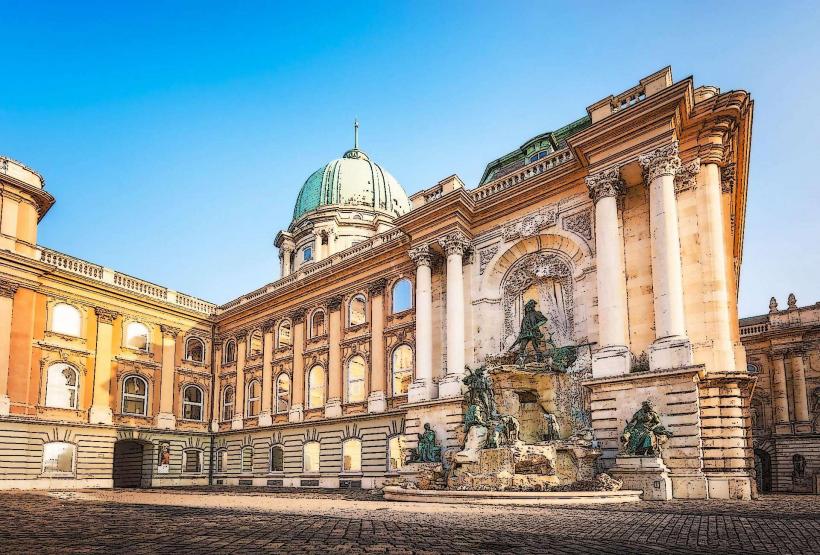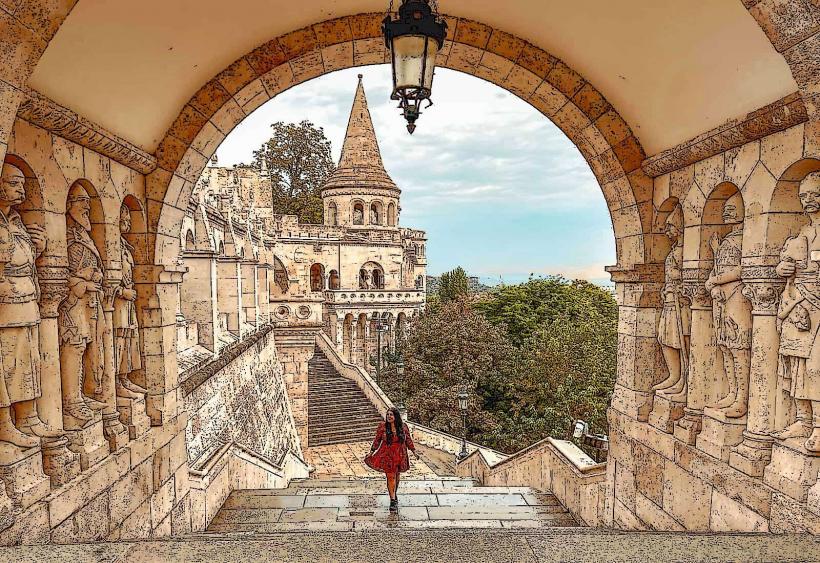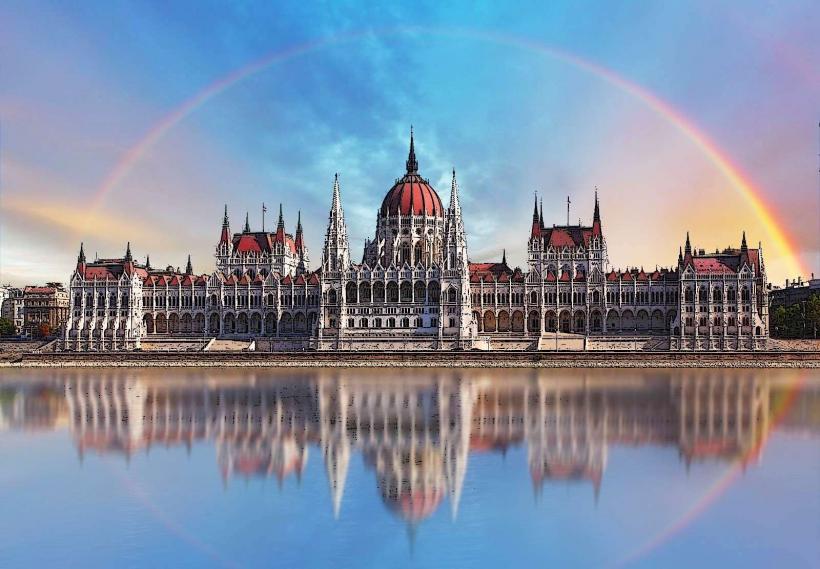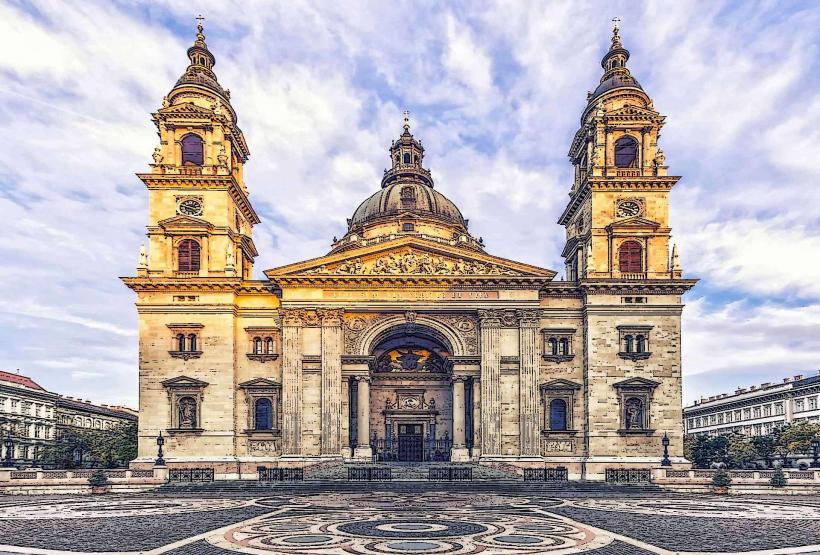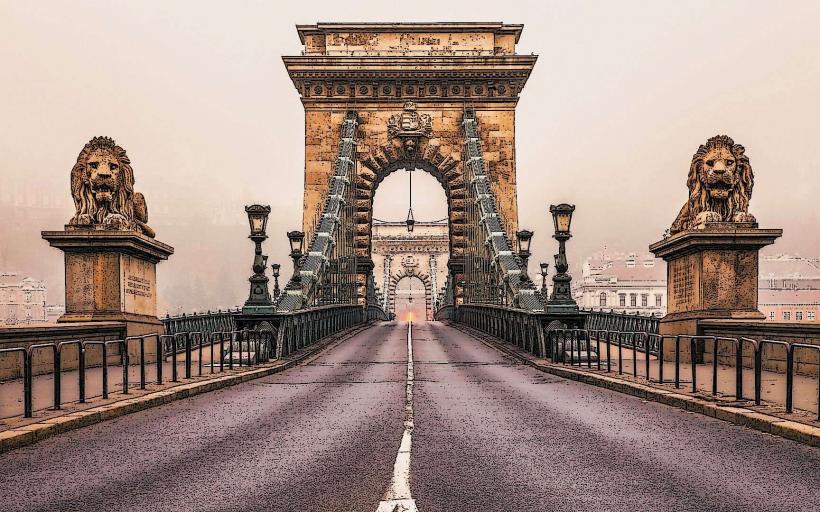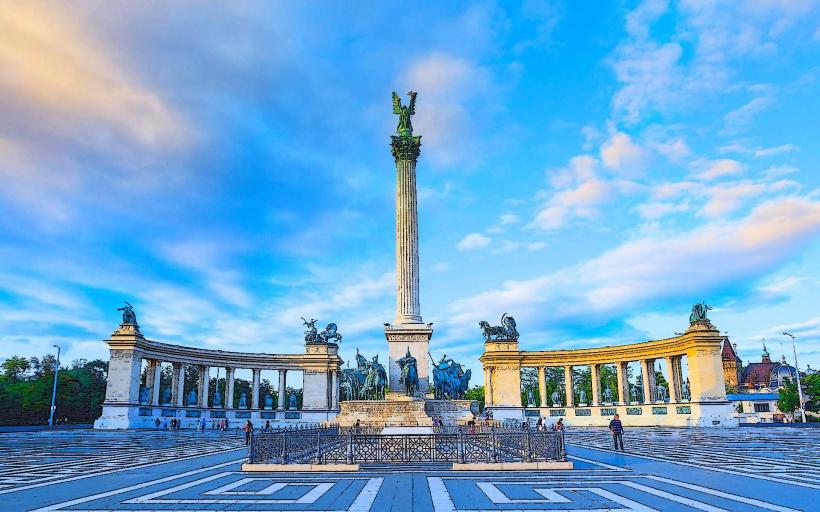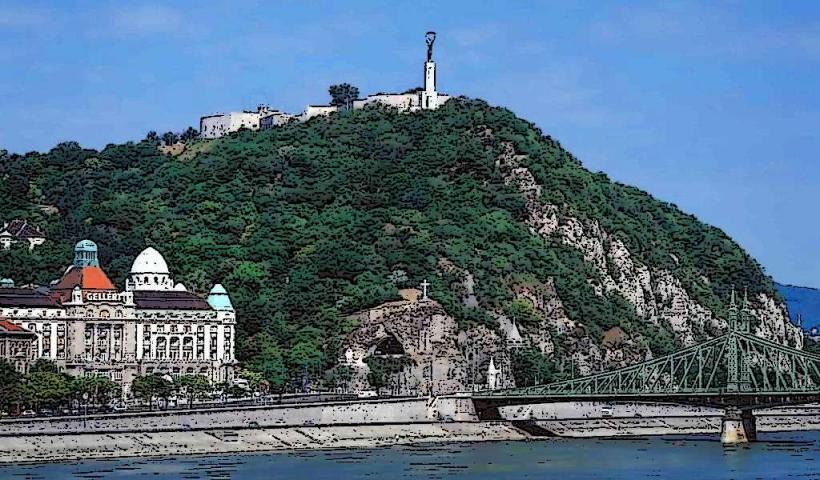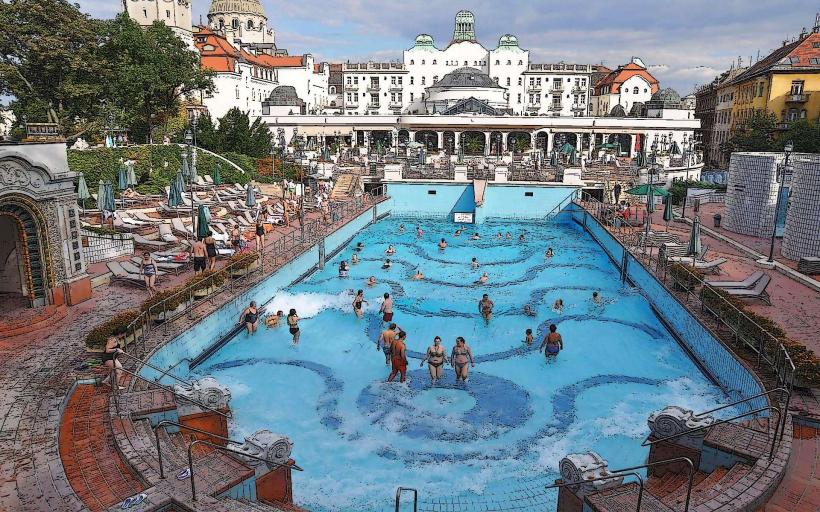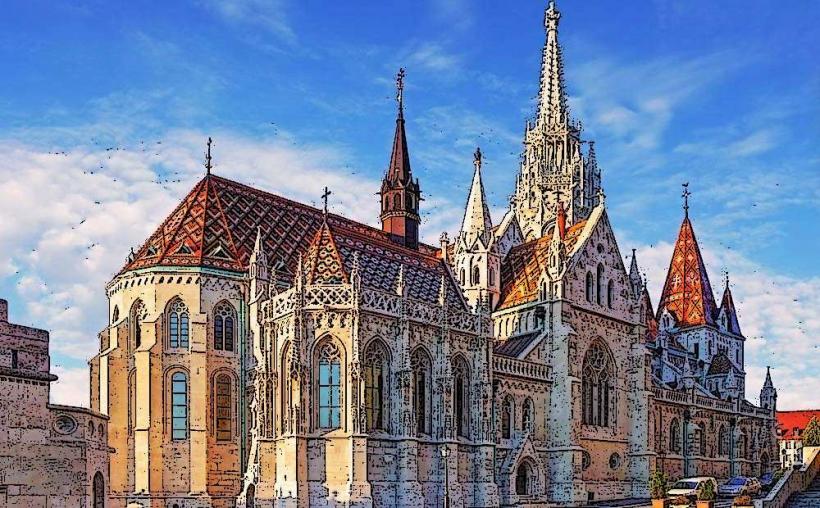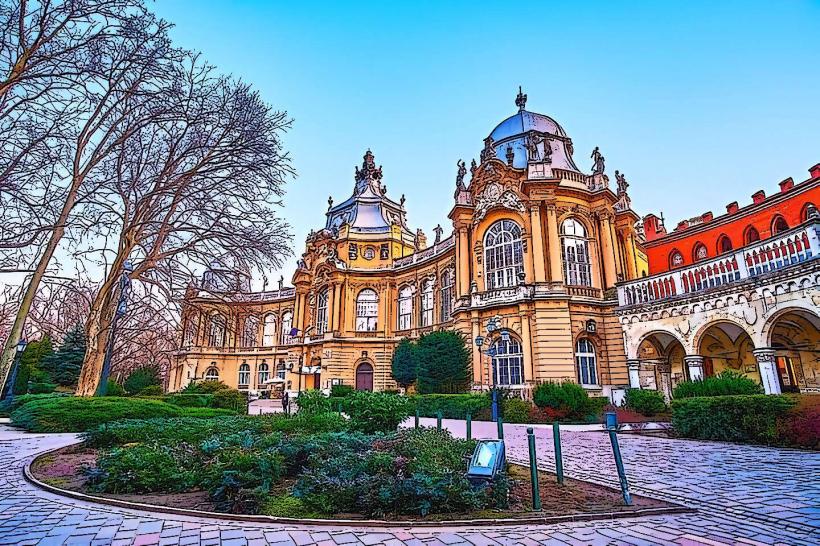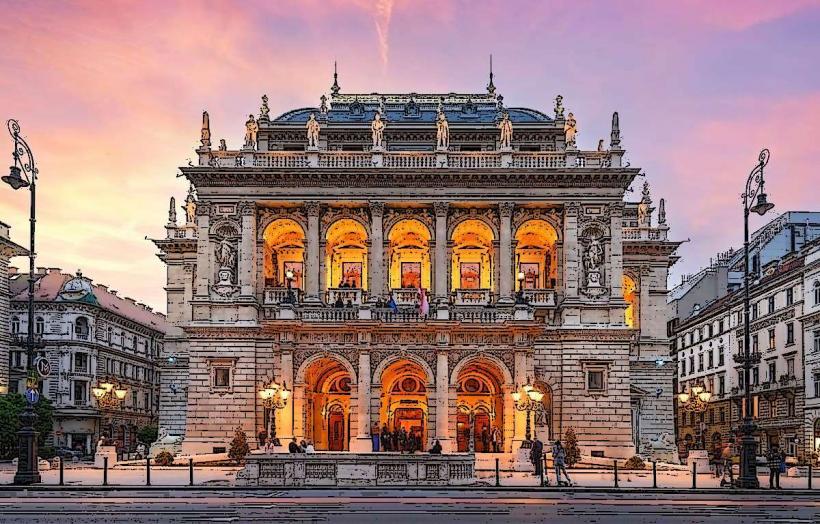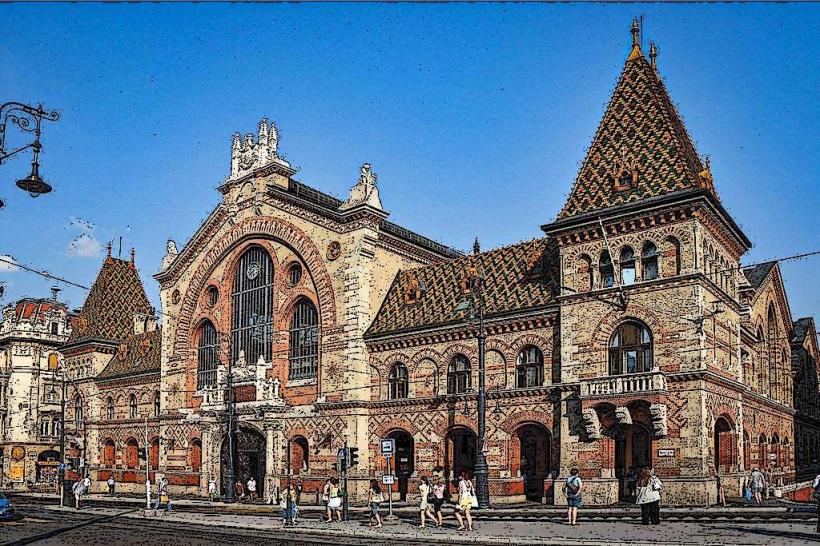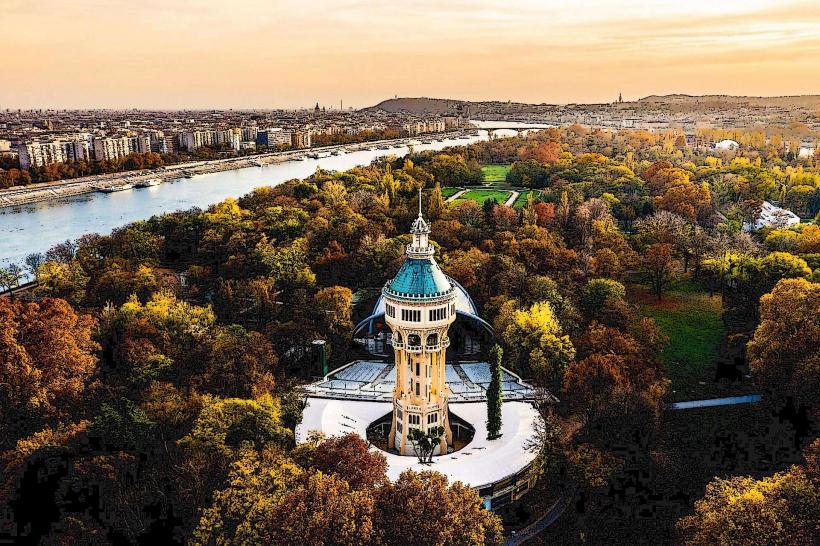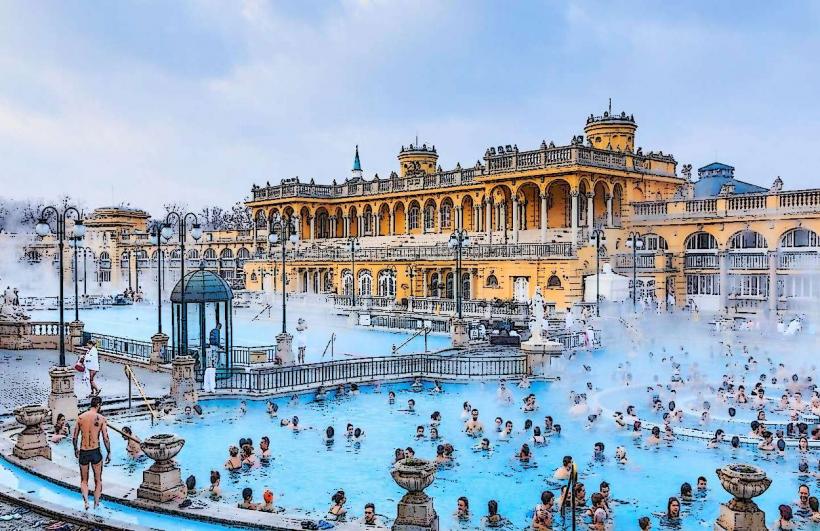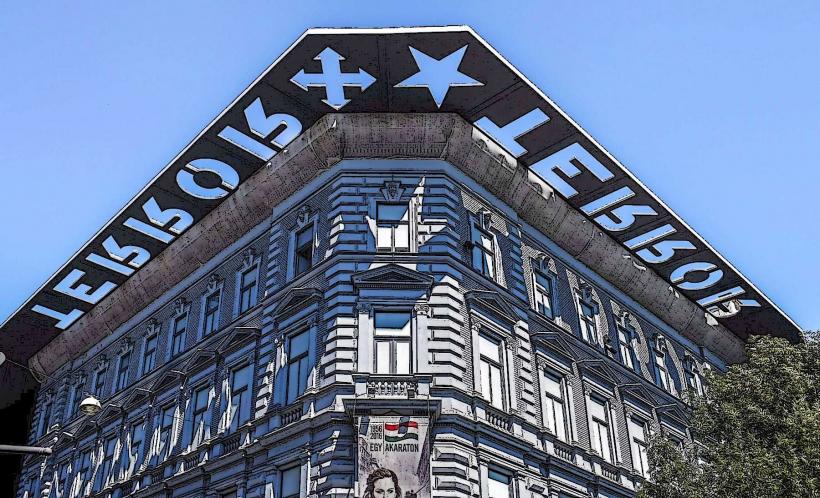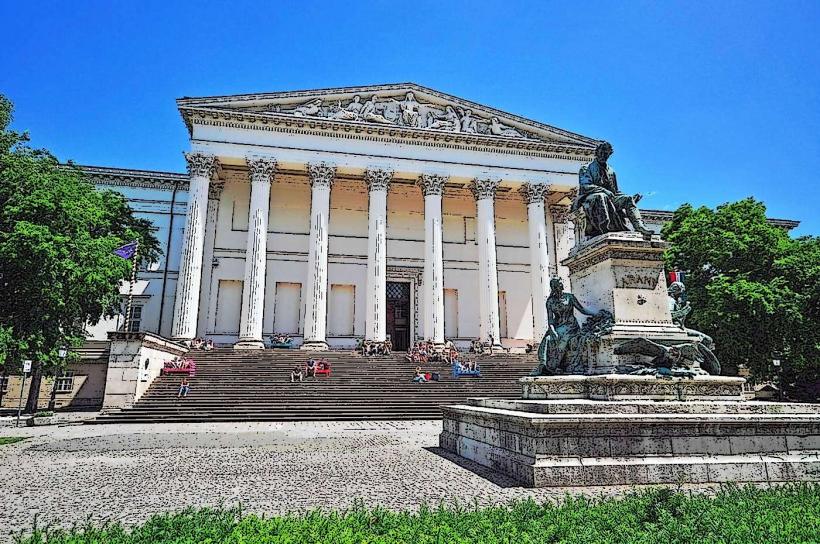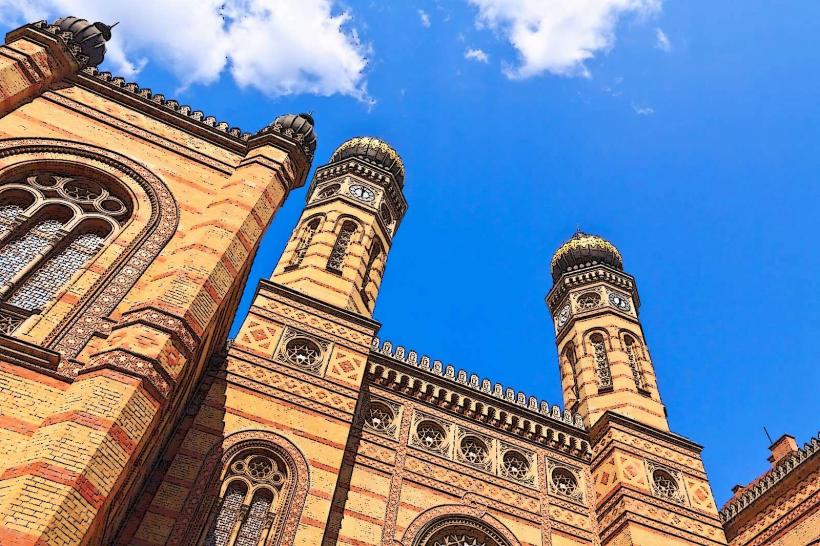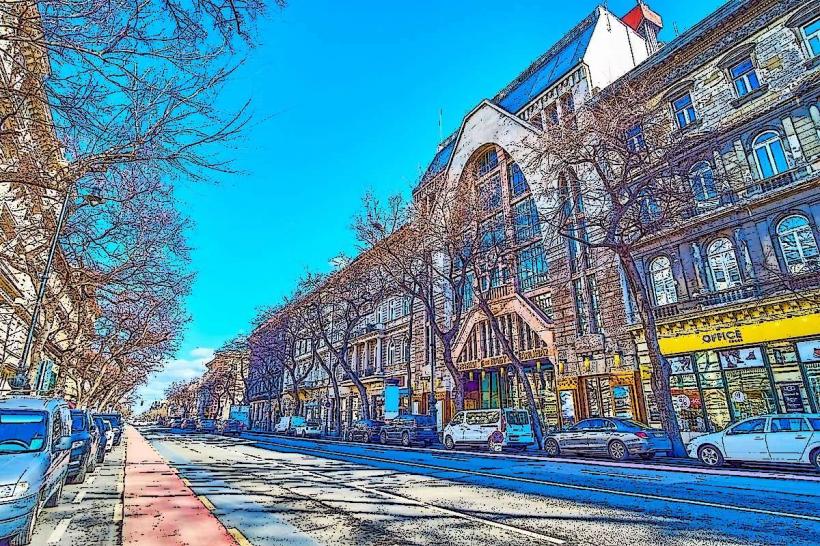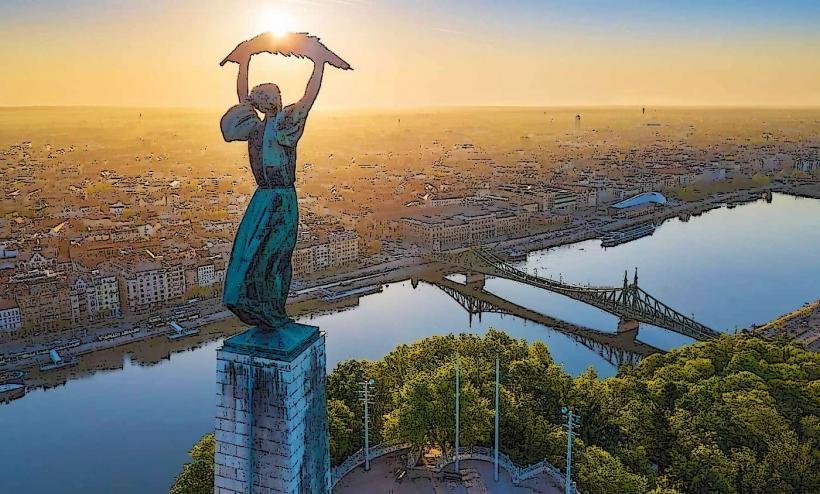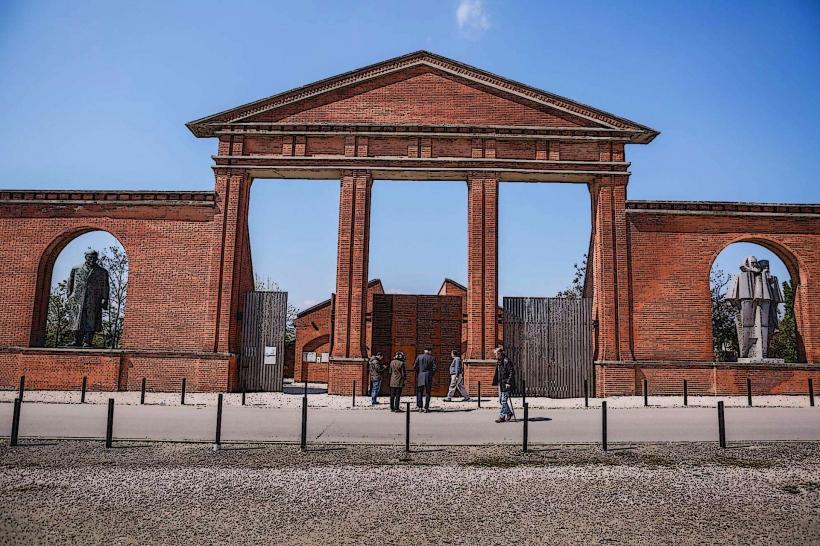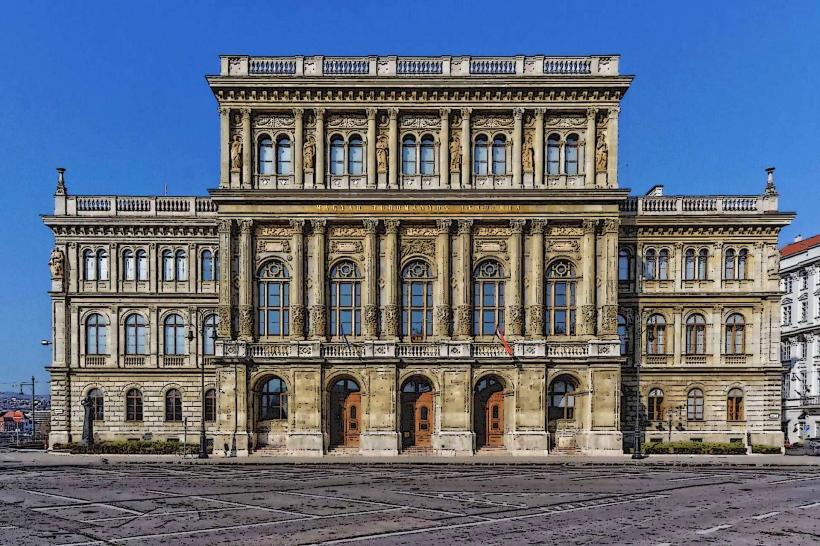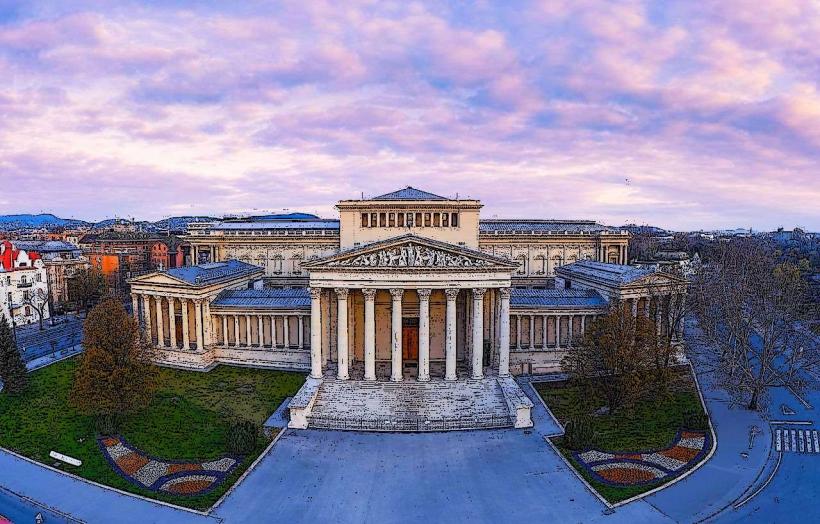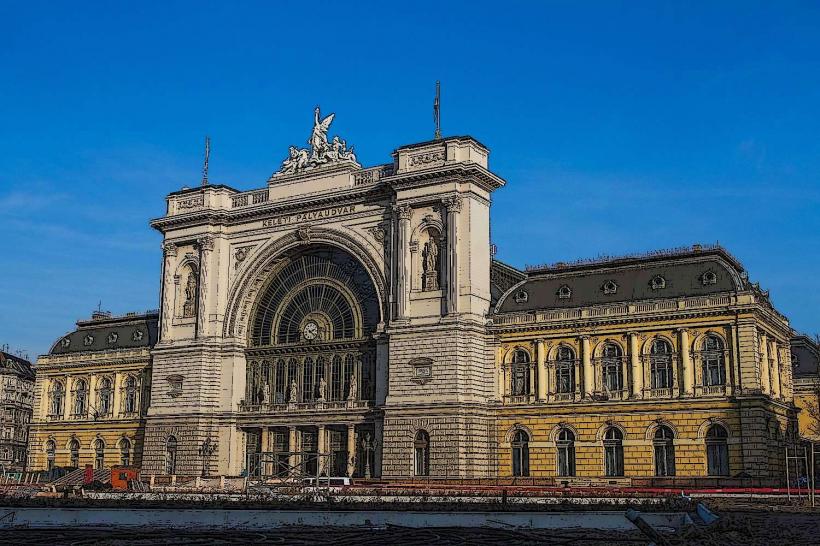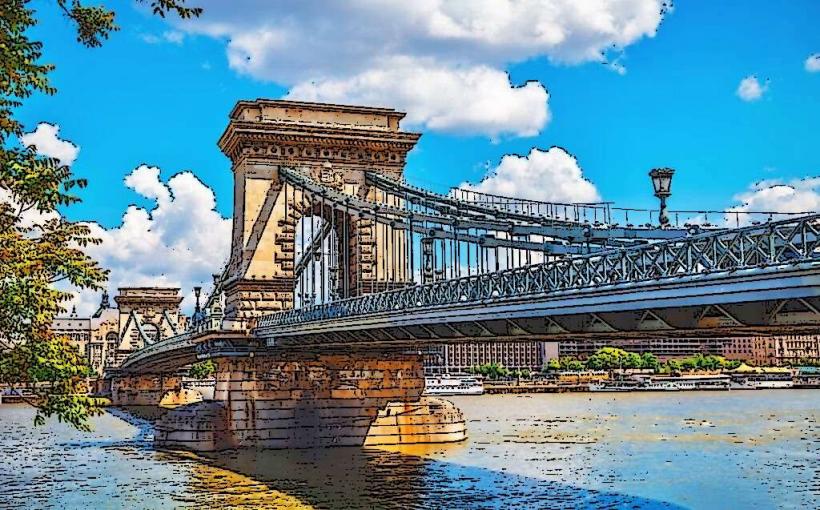Information
Landmark: National GalleryCity: Budapest
Country: Hungary
Continent: Europe
National Gallery, Budapest, Hungary, Europe
The Hungarian National Gallery is the primary art museum of Hungary, specializing in the documentation and preservation of national fine arts. It is housed within four wings (A, B, C, and D) of the Buda Castle complex on the western bank of the Danube.
Visual Characteristics
The gallery occupies a massive Neo-Baroque palace structure characterized by its verdigris green central dome and light-colored limestone facades. The exterior features monumental columns, grand pediments, and symmetrical wings that integrate with the historic fortifications of Castle Hill. Inside, the museum contains high-ceilinged staterooms, a marble-lined throne room, and a grand ceremonial staircase, while the subterranean levels house the vaulted stone Habsburg Palatine Crypt.
Location & Access Logistics
The museum is located at Szent György tér 2 in the 1014 district of Budapest. It is accessible from the Pest side via the Chain Bridge followed by the Castle Hill Funicular (Budavári Sikló) or by taking the "Castle Bus" (Line 16, 16A, or 116) from Széll Kálmán tér or Deák Ferenc tér. Pedestrian access is available through the paved zigzag paths of the Castle Garden Bazaar. Vehicle parking is strictly prohibited within the Castle District; the nearest bus parking is at Dózsa György Square.
Historical & Ecological Origin
The institution was established in 1957 to display Hungarian art separately from the international collections of the Museum of Fine Arts. It moved to its current location in the former Royal Palace in 1975. The palace itself has a construction history dating back to the 14th century, though the current Neo-Baroque form was largely finalized in the late 19th and early 20th centuries by architects Miklós Ybl and Alajos Hauszmann.
Key Highlights & Activities
Permanent exhibitions include Gothic winged altarpieces, 19th-century monumental paintings by Mihály Munkácsy, and 20th-century modernist works. Visitors can access the Dome Terrace for a 180-degree panorama of the Danube and Pest side (weather permitting). The museum also offers access to the Palatine Crypt, which contains the sarcophagi of the Hungarian branch of the Habsburg dynasty.
Infrastructure & Amenities
The facility includes a coat check, a museum shop, and the Museum Café located in the main hall. Restrooms are available on multiple floors, and 5G cellular coverage is consistent throughout the castle grounds and upper galleries. Elevators provide access to most levels, though some transition areas between the palace wings involve short flights of stairs.
Best Time to Visit
The museum is closed on Mondays. Mid-week mornings (Tuesday or Wednesday) at 10:00 AM offer the lowest visitor density. For photography, the late afternoon is the best time to visit the dome for sunset views over the Parliament Building. The dome is typically closed during winter months (November to March) for safety reasons.
Facts & Legends
A unique feature of the gallery is that its collections include the "Tree of Life" by Tivadar Csontváry Kosztka, a painter whose works were nearly sold as truck tarpaulins after his death before being recognized for their immense value. A visitor tip: your admission ticket to the National Gallery also grants entry to the permanent collections of the Budapest History Museum located in the adjacent Wing E.
Nearby Landmarks
Buda Castle (Royal Palace) – 0.1km South
Matthias Church – 0.4km North
Fisherman's Bastion – 0.5km North
Chain Bridge – 0.6km East
Sandor Palace – 0.2km Northwest

